China is expected to see 9 billion passenger trips during the 40-day Spring Festival travel rush this year, setting a new record for the biggest annual human migration on Earth.
The travel rush will begin on Jan 26 and end on March 5.
According to Li Yang, vice-transport minister, over 1.8 billion of the trips are expected to be made via public transport.
He made the remarks at a news conference on Tuesday in Beijing, where he said the remaining 7.2 billion trips will be made by car, so the number of driving trips is expected to reach a historical high as well.
"The structure of the travel rush has changed, with the majority of trips expected to be made by driving," Li said.
A toll-free policy will be applied from Feb 9 to Feb 17 on the expressway network across China.
He noted that there will be a great amount of traffic on the roads, including expressways, and national and provincial highways.
Spring Festival falls on Feb 10 and the national holiday is from Feb 10 to Feb 17. Many people will use their annual vacation time to extend the holiday. Spring Festival is the most important holiday for Chinese people to celebrate with their families.
The peak during the travel rush is expected to fall on Feb 17, when most people are returning home, with an estimated 65.2 million vehicle trips, about 1.75 times the average traffic flow on the road network.
He reminded travelers to be aware of possible congestion, prepare for it and better plan their trips to avoid the traffic.
Despite the 40-day time span, the traffic flow on the road network during the travel rush will remain busy.
Li noted that in response to the needs of large passenger flows, service areas will increase the number of mobile restrooms and charging facilities.
Although the number of driving trips accounts for the majority, railway and civil aviation departments will also ensure safe and comfortable services.
China's railway network is expected to handle 480 million trips during the period, an average of 12 million trips every day, up 18 percent compared to 2019, according to Huang Xin, director of the passenger service department of China State Railway Group, the national railway operator.
The railway department will adjust capacity based on the ticket booking system, using data from the waiting list and adding more trains as needed, according to Wang Tuo, an associate researcher from the China Academy of Railway Sciences, which is responsible for developing and operating the 12306 ticket-booking system.
According to Liang Nan, director of the transportation department at the Civil Aviation Administration of China, a record of over 80 million trips are expected to be made by air during the 40-day rush, which is a 9.8 percent increase compared to 2019.
An average of 16,500 flights are scheduled each day.
It is the second year following the relaxation of COVID-19 control measures last year, when 4.73 billion passenger trips were made during the Spring Festival travel rush.








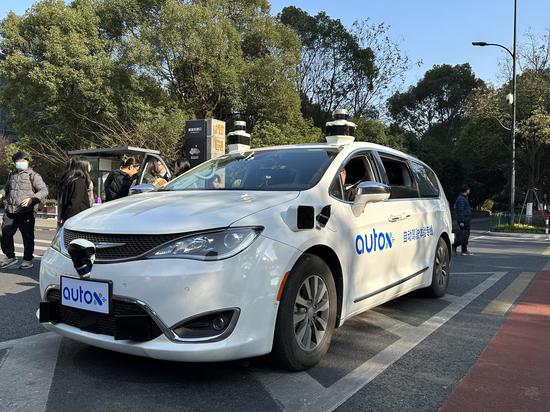
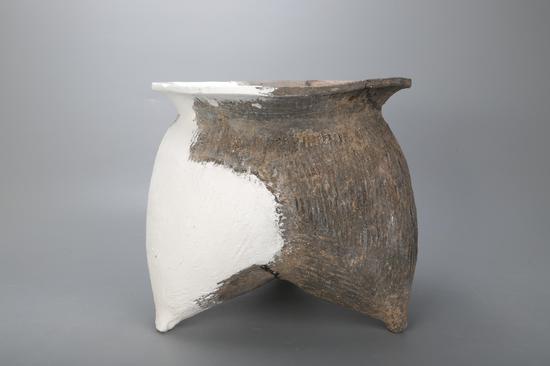






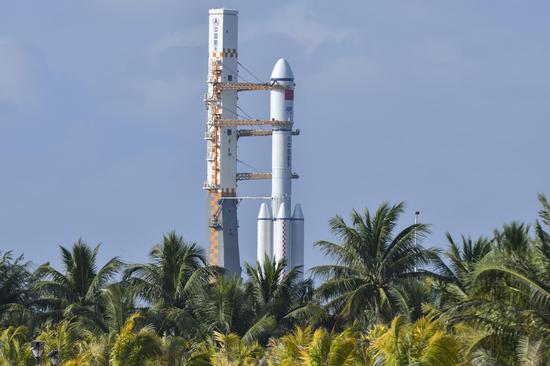




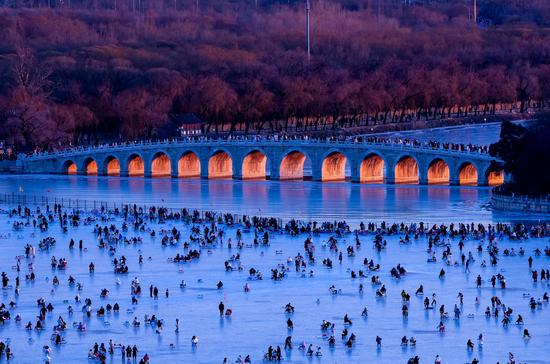

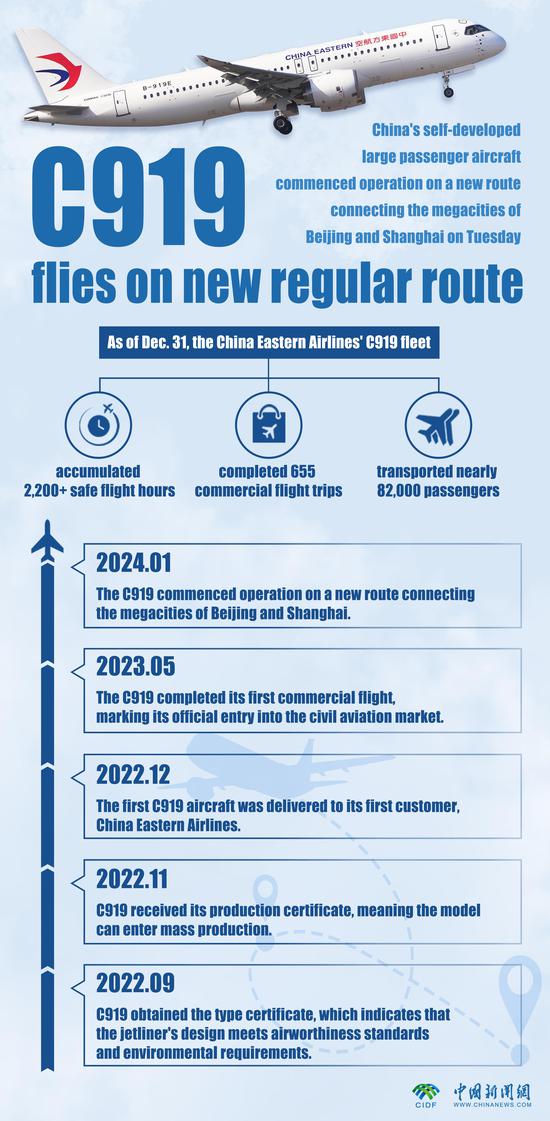



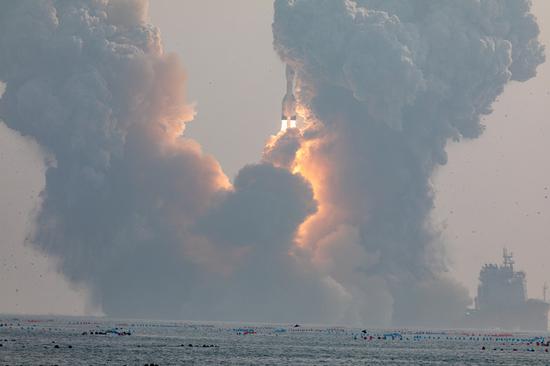
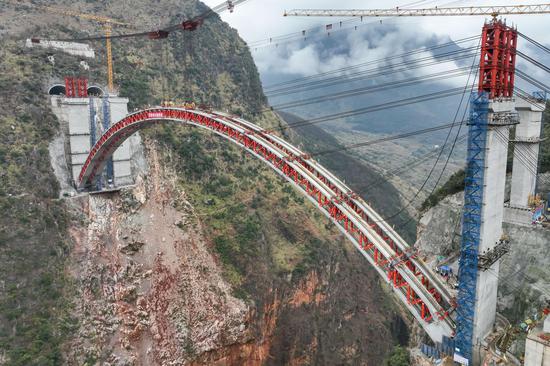
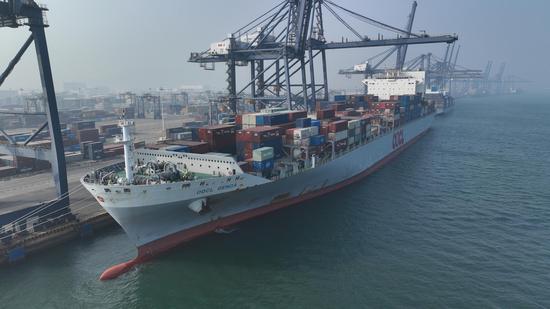
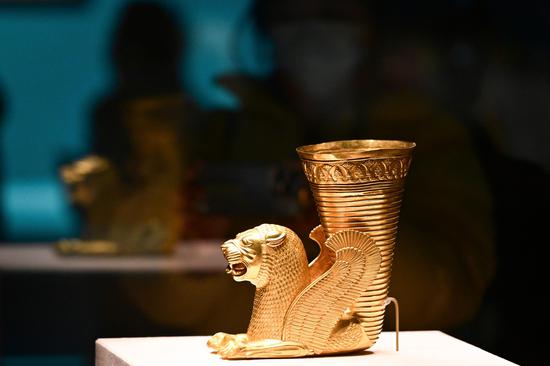

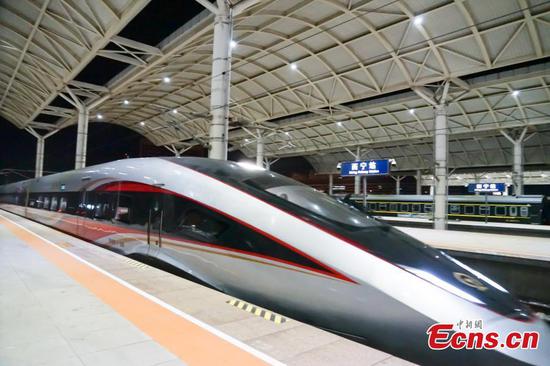




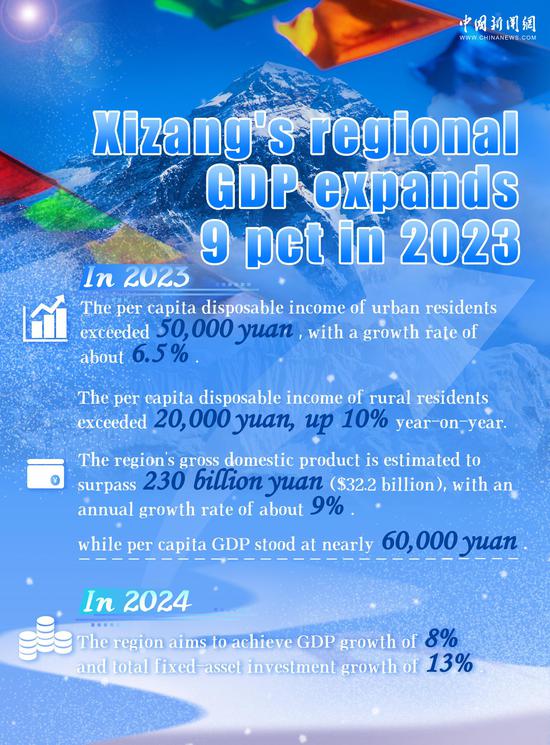

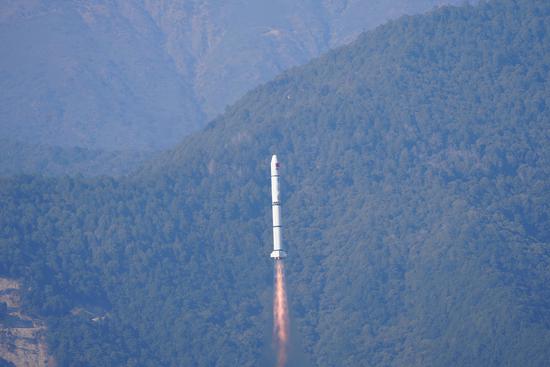
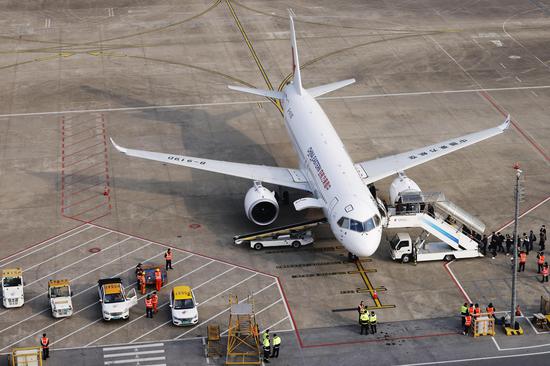
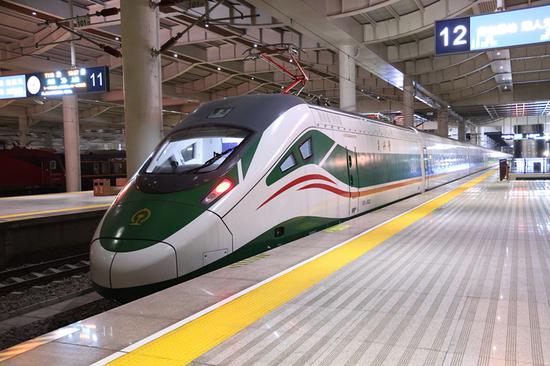

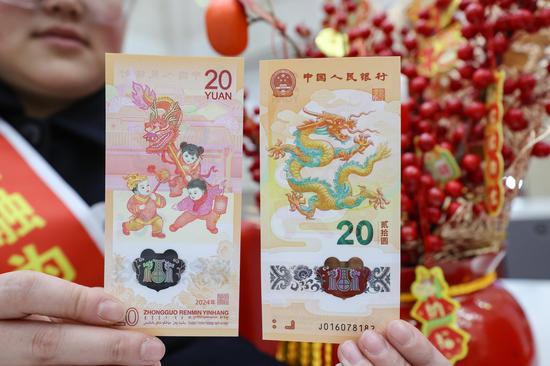
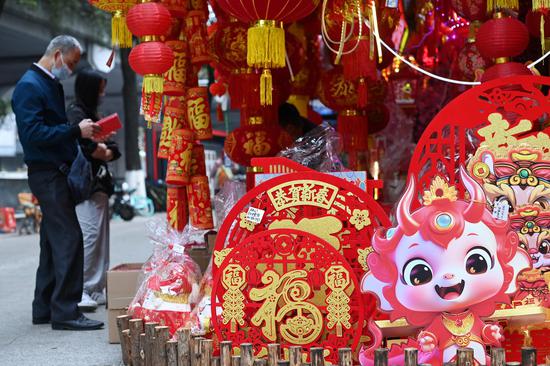





 京公网安备 11010202009201号
京公网安备 11010202009201号